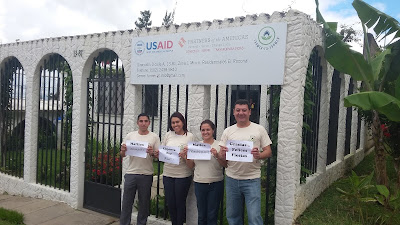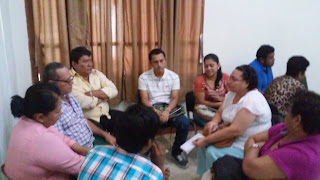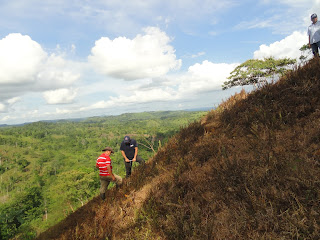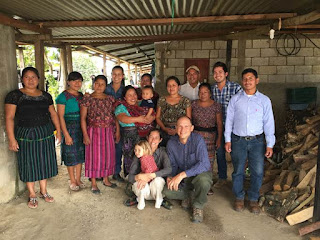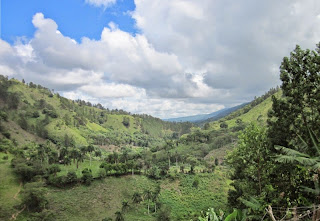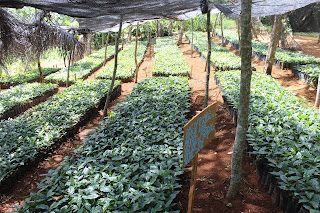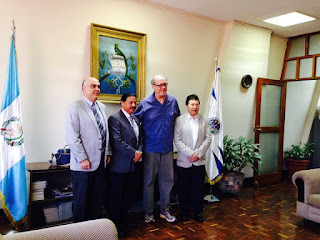Highlights from 2015!

2015 has been a productive year for Partners' Agriculture and Food Security (AFS) Unit! Under the USAID-funded Farmer-to-Farmer (F2F) Program, 119 volunteers traveled to nine countries in Latin America and the Caribbean to work with close to 114 producer groups, NGOs, universities, and other hosts. Skilled professionals volunteered for a combined total of 1,905 days and directly assisted over 8,500 people. Partners' Haiti Nutrition Security Program, funded by USAID/Haiti as part of their Feed the Future Initiative, has recruited and is providing support to Mother Leaders who have been organized into 188 Care Groups. Each Mother Leader is then responsible for leading local neighborhood women’s clubs, through which nutrition counseling and promotional support are provided to additional pregnant and lactating mothers of children under the age of five. As a result, the project is now reaching over 20,297 neighborhood women households. Top words from our 2015 blog posts:
